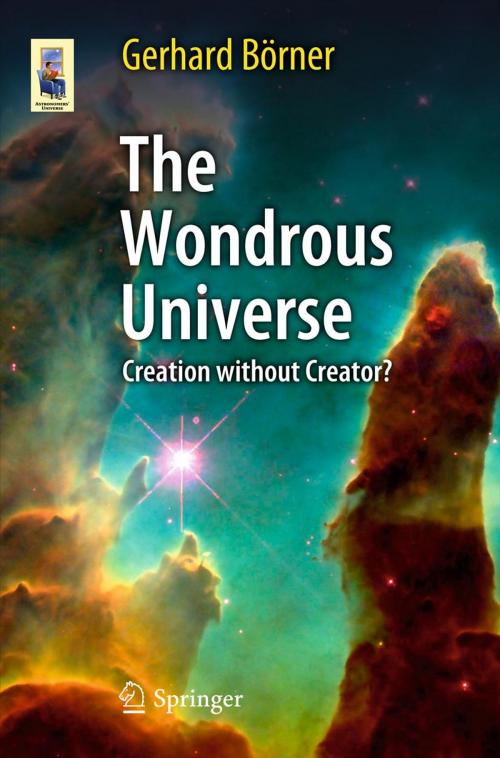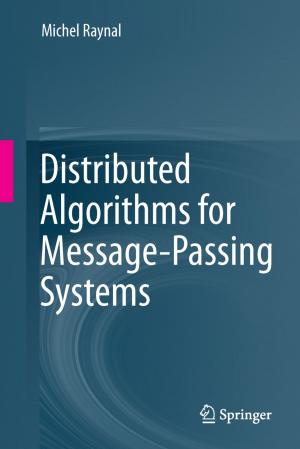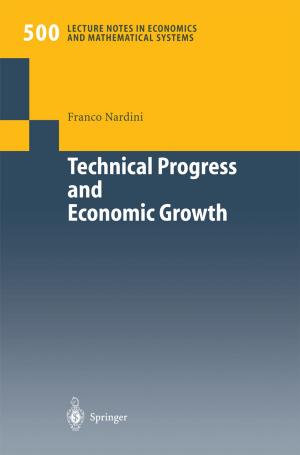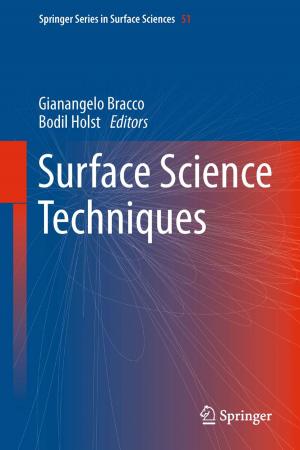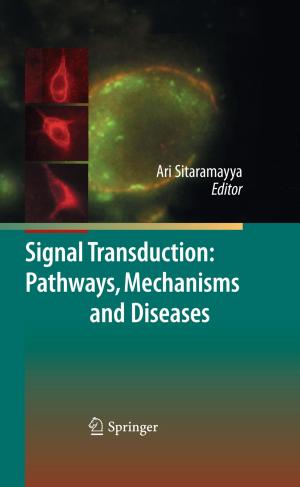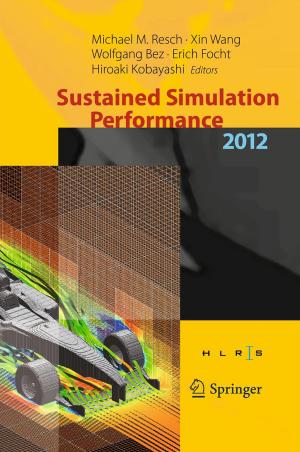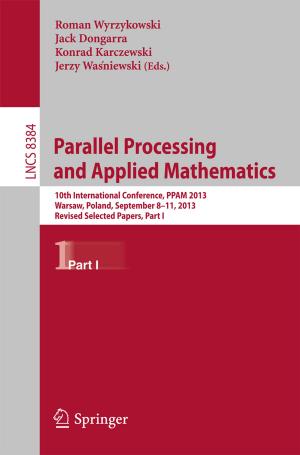The Wondrous Universe
Creation without Creator?
Nonfiction, Science & Nature, Science, Physics, Nuclear Physics, Astronomy| Author: | Gerhard Börner | ISBN: | 9783642201042 |
| Publisher: | Springer Berlin Heidelberg | Publication: | October 28, 2011 |
| Imprint: | Springer | Language: | English |
| Author: | Gerhard Börner |
| ISBN: | 9783642201042 |
| Publisher: | Springer Berlin Heidelberg |
| Publication: | October 28, 2011 |
| Imprint: | Springer |
| Language: | English |
The world as it is viewed from modern physics and cosmology has many strange and unexpected features. Often these are in stark contrast with our everyday experience or our preconceptions, such as the concept of space and time as finite and changeable. Nevertheless it is this strange world which is the fundamental basis of our existence. Therefore modern science also has a few things to say about the age-old questions: Who are we? – Where do we come from? – Where are we going?
The author, an experienced scientist and teacher, presents the knowledge that we have about our world for non-experts. He takes us on a journey through cosmology and the quantum world of elementary particles. And he sketches the impact of the insights gained into philosophical assumptions and religious beliefs in these disciplines. In the end he asks the speculative question whether there is something beyond the limits of the natural sciences.
The world as it is viewed from modern physics and cosmology has many strange and unexpected features. Often these are in stark contrast with our everyday experience or our preconceptions, such as the concept of space and time as finite and changeable. Nevertheless it is this strange world which is the fundamental basis of our existence. Therefore modern science also has a few things to say about the age-old questions: Who are we? – Where do we come from? – Where are we going?
The author, an experienced scientist and teacher, presents the knowledge that we have about our world for non-experts. He takes us on a journey through cosmology and the quantum world of elementary particles. And he sketches the impact of the insights gained into philosophical assumptions and religious beliefs in these disciplines. In the end he asks the speculative question whether there is something beyond the limits of the natural sciences.
